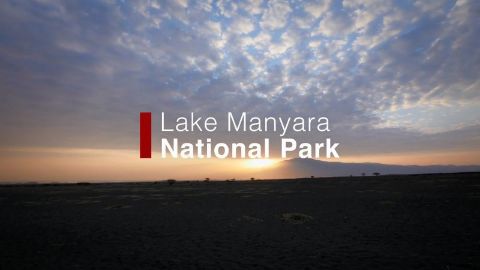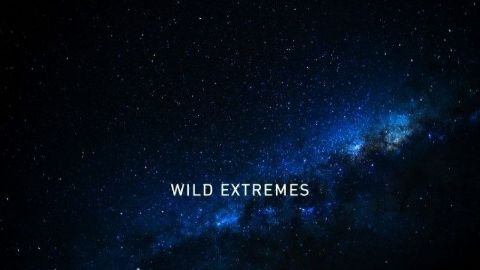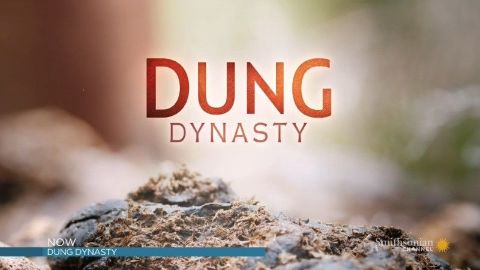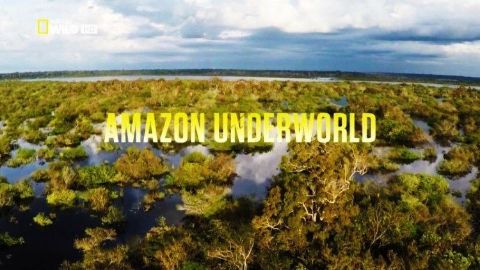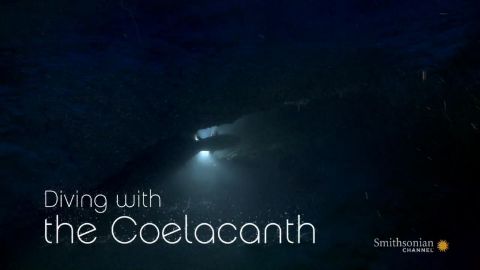Incredible Insects • 2015
A captivating world of creepy crawlies exists all around us. And they are the biggest group of animals in the world, outnumbering humans 200 million to one. Thanks to millions of years of evolution, these invertebrates not only survive in almost every landscape known to man, but also thrive by means of fascinating, and sometimes bizarre adaptations. There's the Bombardier beetle that squirts a boiling hot liquid from its anus, the Assassin bug that turns its victims into soup, and the Parasitic wasp that lays her eggs inside her victims, until her young are ready to eat their way out. We end off with the biggest bugs on the planet: the Atlas moth with a wingspan of over 20 centimetres, the Hercules beetle that can carry 850 times its own weight, and the Giant centipede - big enough to catch flying bats from midair!
Make a donation
Buy a brother a hot coffee? Or a cold beer?
Hope you're finding these documentaries fascinating and eye-opening. It's just me, working hard behind the scenes to bring you this enriching content.
Running and maintaining a website like this takes time and resources. That's why I'm reaching out to you. If you appreciate what I do and would like to support my efforts, would you consider "buying me a coffee"?
Donation addresses
BTC: bc1q8ldskxh4x9qnddhcrgcun8rtvddeldm2a07r2v
ETH: 0x5CCAAA1afc5c5D814129d99277dDb5A979672116
With your donation through , you can show your appreciation and help me keep this project going. Every contribution, no matter how small, makes a significant impact. It goes directly towards covering server costs.
